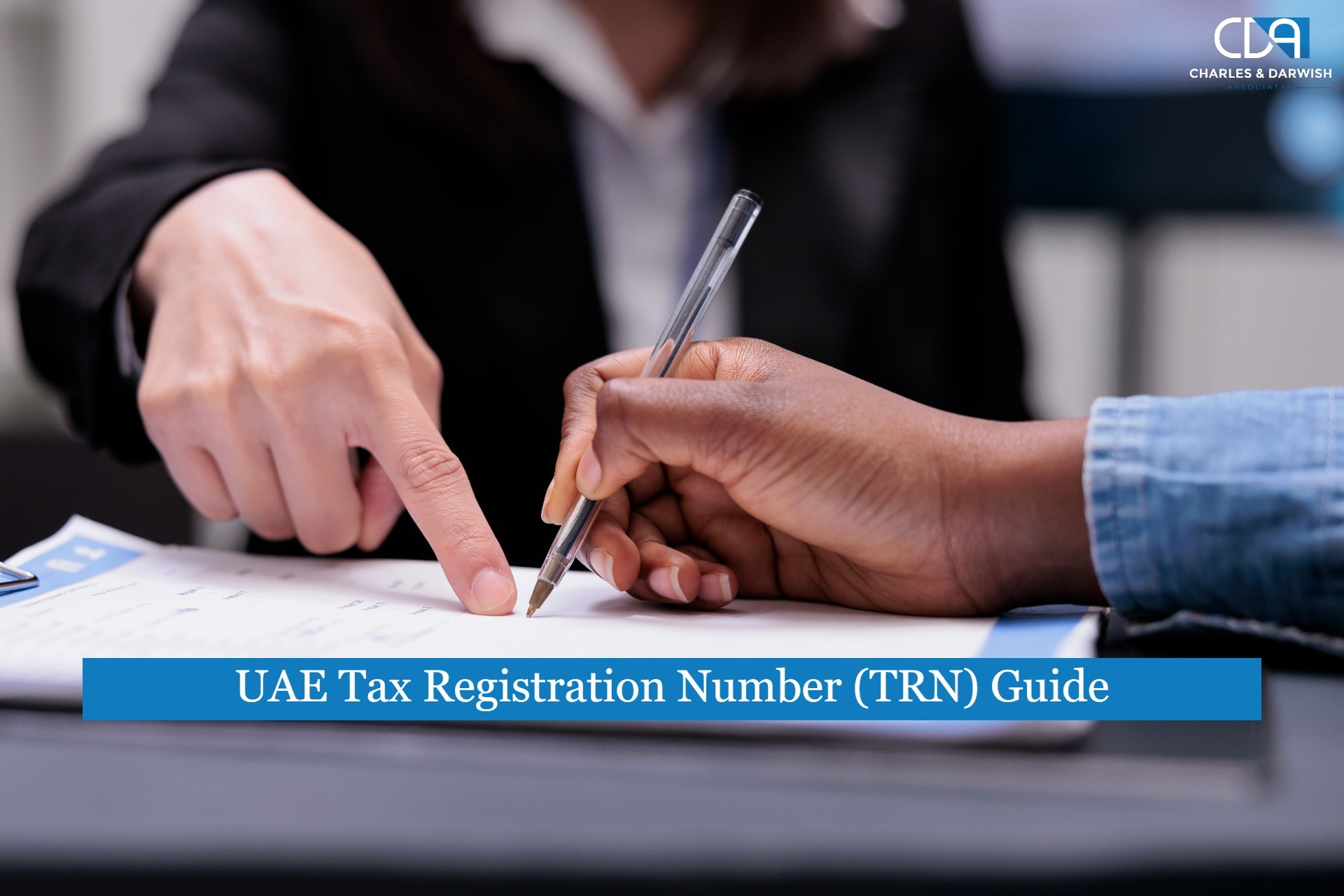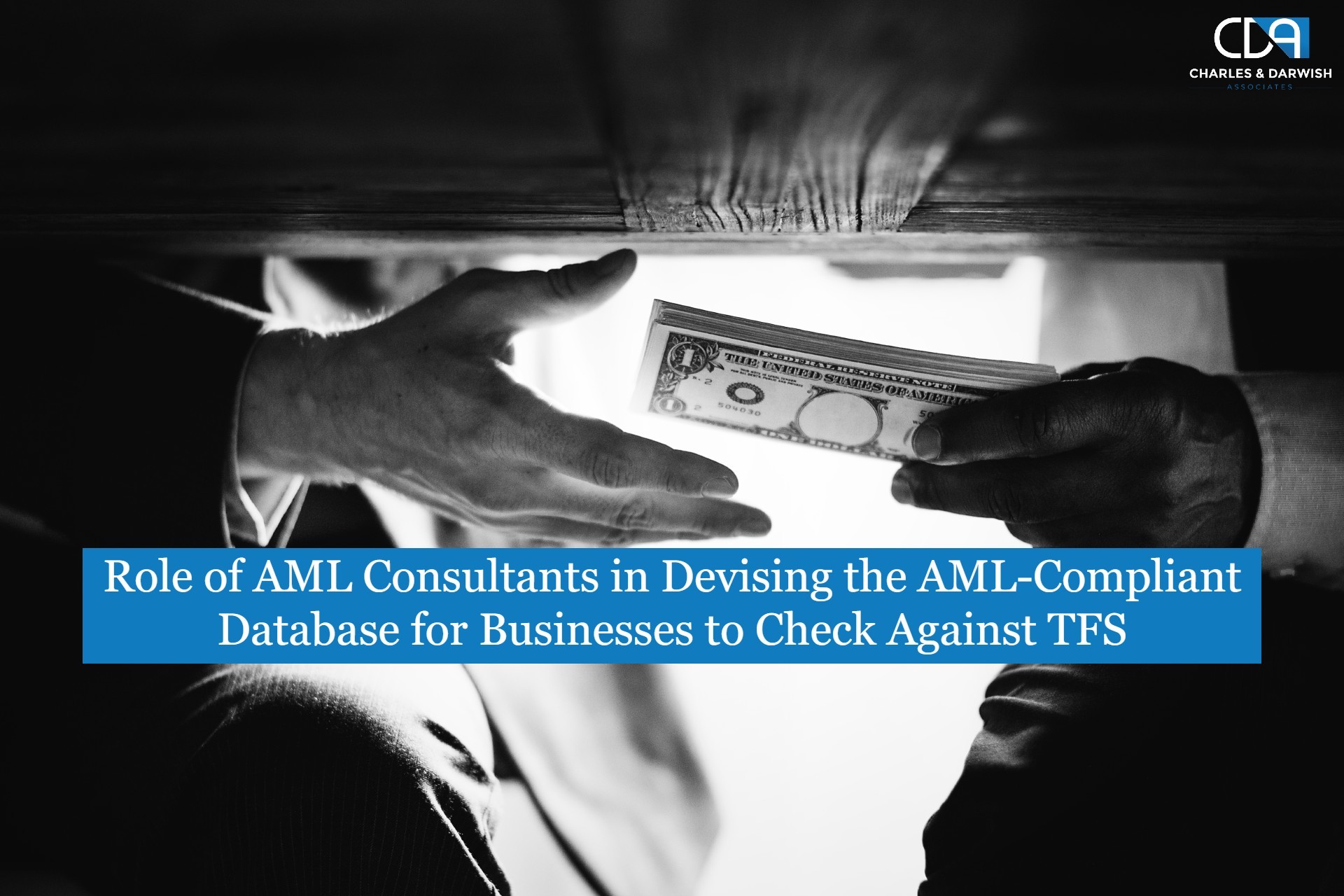Important Guidelines on Company Liquidation in DMCC
DMCC is one of the quick-growing Free zones in the UAE. We all know setting up a business in a Free Zone has a number of complications related to rules and regulations but still has a number of benefits for the business owners. Likewise, company liquidation in the Dubai Multi Commodities Centre (DMCC) in the United Arab Emirates (UAE) can be a difficult process. It requires careful planning and execution. Generally, company Liquidation is dissolving the company and it involves several steps from preparing financial statements to notifying all the creditors.
This article will provide a comprehensive guide on the guidelines for company liquidation in DMCC, covering key aspects such as the required documents, timeline, and legal requirements. If you are considering liquidating your company in DMCC, be sure to read on for a detailed overview of the process.
Reasons For Company Liquidation In DMCC Free Zone
There may be several reasons why a company wants to undergo liquidation in DMCC. General factors might include:
- Financial difficulties,
- Restructuring a business operation,
- Expiration of business license,
- Shifting the strategy of the company,
- Changes in market conditions,
- Evolving industry standards.
It is important for business owners to carefully evaluate the reasons behind opting for liquidation and ensure compliance with all legal obligations throughout the process. Understanding the motives behind company liquidation can help stakeholders make informed decisions and navigate the process effectively.
Contact DMCC Approved Auditors to avail the best.

Types Of Company Liquidation In DMCC
According to the DMCC regulations, the company can undergo liquidation in one of the four types:
- Solvent Winding Up: A company can be fully liquidated within 12 months upon the director's order.
- Summary Winding Up: A company can be fully liquidated within 6 months of the wind-up process started upon the director's order.
- Insolvent Voluntary Winding-Up: This method involves the participation of creditors in liquidating the company. This happens when the company suffers a loss, or the company decides at a general meeting.
- Involuntary winding up by the Competent Court: This method of involuntary winding up is initiated by the court due to serious violations or the company being struck off.
Steps To Initiate The Liquidation Process
Once the company has decided to liquidate in the DMCC Free Zone, it is important to follow the steps to initiate the liquidation process smoothly.
Step 1: Convince the board in the meeting to approve the liquidation decision.
Step 2: Appoint a liquidator, who can oversee the entire process on behalf of the company.
Step 3: Notify all the relevant stakeholders, including creditors and employees about the company's liquidation decision.
Step 4: Settle any outstanding debt and liabilities, distribute assets as per legal requirements, and obtain necessary approvals from regulatory authorities.
By following these four steps properly, companies can ensure a transparent and compliant liquidation process in DMCC, ensuring a smooth transition towards closure.
Navigating The Company Liquidation Process In DMCC
Once you have initiated the liquidation process of the company using the above steps, proceed with the below to liquidate the company.
- Go to the DMCC online portal to select the relevant service. Start with an application for liquidation for the company.
- Once the notice has been submitted, DMCC authorities contact the company to find out if there is any possibility of retaining the company. If retaining is not possible, the authorities proceed with liquidation. In case the company agrees to keep the company, the application submitted will be cancelled.
- The company submits the necessary documents and required payments to proceed with liquidation.
- Once approved, the company receives notification to proceed with liquidation.
- Once notification is received, all the work permit Visas will be cancelled and a 14-day publication period will be initiated.
- Once the process is completed, a detailed report needs to be submitted to the DMCC.
Required Documentation and Approvals
Required documentation and approvals play a crucial role in the company liquidation process in DMCC, UAE.
To proceed efficiently, companies need to prepare a set of documents such as:
- Liquidation application,
- Board resolution confirming the decision,
- A statement of assets and liabilities,
- Approvals from relevant authorities, including DMCC and other governmental bodies.
Moreover, companies must adhere to specific legal requirements and timelines for submission to ensure a seamless liquidation process. Failure to comply with these regulations may result in delays or legal complications.
Finalization And Closure of Company
These tasks and formalities include:
- Termination of leases, contracts, and licenses,
- Cancelling the visa and work permit of the employees,
- Notifying relevant authorities, creditors, and stakeholders about the closure,
- Submitting all requisite reports and documentation.
In conclusion, understanding the process of company liquidation is important for businesses planning to liquidate the company. It is important to comply with all regulations and requirements to ensure a smooth and efficient process. For more information on company liquidation in DMCC, contact CDA to discuss your specific situation and needs. Our expertise in this area can provide valuable insights and guidance to navigate the process successfully.
How CDA Can Help in Company Liquidation In DMCC?
A company must stick to timelines set by the authorities to complete all the necessary documentation to avoid delays. Processing all the above steps requires professional knowledge. This is where CDA can help as an approved liquidator.
- CDA helps to adhere to the timelines to complete all necessary documentation accurately to avoid delays.
- We ensured to stay in compliance with tax obligations, including settling any outstanding dues to the authorities.
- We also ensure to avoid any penalties.
- CDA also conducts a thorough audit of the company's financial records and assets to ensure transparency and accountability throughout the liquidation process.
To know more about our services contact us now!

Mark Thompson
Full-stack Developer, Blogger, and Tech Enthusiast.
Mark specializes in digital marketing, SEO, and content strategy.













